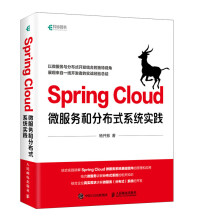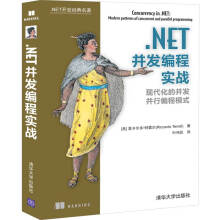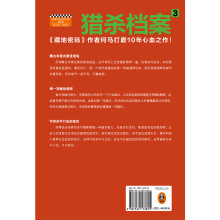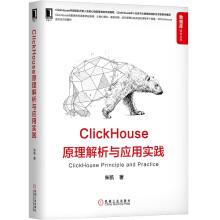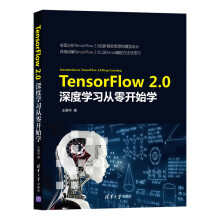目录
Introduction
Chapter 1 Assessment and Learning
1.1 The relationships between assessment and learning
1.2 Mastery Learning aligned with Psychometrics
1.2.1 The objectives model of curriculum
1.2.2 Psychometrics
1.3 Learning as a process: Assessment as research
1.3.1 The progressive philosophy of learning
1.3.2 The reconstructionism philosophy of learning
1.3.3 Curriculum design in learning as a process
1.3.4 Teacher as researcher: What about assessment?
1.4 Towards integrating assessment with instruction
1.4.1 The invention of the formative concept
1.4.2 Towards integrating assessment and instruction
1.4.3 Behaviorist connections of the formative concept
1.5 Integrating assessment with learning
1.5.1 The constructivist claim
1.5.2 AfL:Its ups and downs
1.5.3 Advocating AfL
1.6 Chapter summary and discussion
Chapter 2 Re-conceptualization of the formative role of assessment
2.1 Redefining the relationship between FA and SA
2.2 Redefining FA and AfL:Two different visions
2.3 The formative role of assessment: A double-edged sword
2.4 Summary of the chapter
Chapter 3 Assessment as a cybernetic system
3.1 Revisiting the meta-disciplinary character of cybernetics
3.2 Control and feedback
3.3 The features of assessment as a cybernetic'system
3.3.1 Assessment as an open probabilistic system
3.3.2 Assessment as a complex system
3.3.3 Assessment as a self-regulatory system
3.3.4 The implications of assessment being a cybernetic system
3.4 Linking Chinese philosophy to cybernetics
3.4.1 The Yin-Yang Doctrine
3.4.2 The Doctrine of the Mean
3.4.3 Discussion
3.5 Towards a cybernetic model of assessment
3.5.1 Theoretical assumptions
3.5.2 The model
3.6 Chapter summary
Chapter 4 Accommodating the cybernetic model in China-s assessment in education: A historical perspective
4.1 The rationale and research methodology
4.2 A cybernetic understanding of China-s assessment system
4.2.1 Major themes in China's ancient assessment history
4.2.2 China's assessment system since 1949
4.2.3 The EFL education
4.3 Discussion
4.3.1 Assessment:A control system
4.3.2 Assessment:A non-deterministic system
4.4 Chapter summary
Chapter 5 Accommodating the model in classroom settings
5.1 Cross-case analysis
5.1.1 A general description of sources of data
5.1.2 Unit of analysis
5.1.3 Issue-based analyses
5.2 Fitting the model in China's EFL tertiary education
5.3 Chapter summary
Chapter 6 Winding up the research
References
Appendices
内容摘要
《语言学论丛:形成性评估的概念重构》旨在通过建立一个形成性评估的理论模型来弥补形成性评估理论研究的不足。该模型的认识论基础是控制论框架下评估和学习之间的关系。借鉴控制论有关复杂系统的思想,本研究推出的形成性评估模型可用于解释评估与学习的关系和评估的形成性工作机理。该模型视评估为复杂的学习系统中的一个复杂的控制系统。该系统具开放性、非预决性和自律性特征。评估的控制性系统特质决定了其在学习系统中的建构作用,评估对学习的控制由信息反馈来实现。基于控制论思想对评估的推断和解释与现有形成性评估概念在内涵和外延上有着显著区别,从而支持了对形成性评估进行概念重构。
概念重构的意义在于:(1)修正了形成性评估的内涵和外延;(2)淡化了形成性评估和终结性评估的对抗性;(3)指出了所有类型评估皆具形成性意义;(4)指出了评估的双刃剑特性和评估系统的可自律性;(5)指出了正确认识评估系统,进而管理好这个复杂系统的必要性和可行性。

